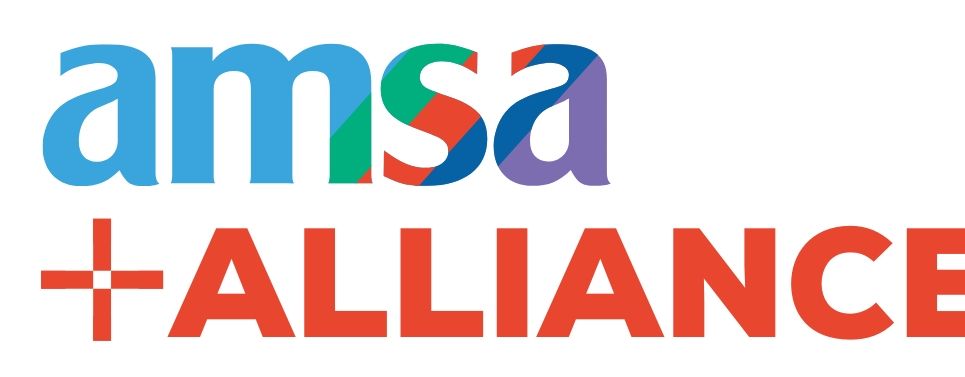Medical schools all have prerequisite course requirements for admission. But when it comes to your pre-med major, what you study is up to you. If you’re looking for some study options, check out our list of pre-med majors and/or minors to consider, and find out how to reap their benefits in medical school or on the MCAT .

According to data published by the Association of American Medical Colleges (AAMC) , the five most popular undergraduate majors for students who enrolled in medical school for the 2016-2017 academic year are:
- Biological Sciences
- Other*
- Social Sciences
- Physical Sciences
- Humanities
*Majors not designated as biological, physical, social, and health sciences; the humanities, or math/statistics
How important is your pre-med major?
What you major in doesn’t matter nearly as much to admission committees as your GPA. And many future doctors do major in non-science related fields. Keep in mind that med schools do pay special attention to your science GPA (biology, chemistry, physics, and math)—what med schools call BCPM—so it’s important to keep your grades up across the board, and make sure you’re choosing classes that fulfill both your major requirements and your medical school application requirements. The best pre-med major for you is something that truly interests you (and that you can excel in), rather than merely what you think med schools want to see.
Pre-Med Major Options
Biology
From microscopic organisms to cloning procedures, biology encompasses pretty much the whole world. Biology majors can study human, plants, animals, and the environments in which they live, and studies are conducted at the cellular level, the ecosystem level, or anywhere in between.
With dozens of specializations, such as Genetics, Neuroscience, or Ecology, the Biology major gives you plenty of opportunities to find a subject that animates you and prep for your future career in medicine.
Also consider: Chemistry
Sociology
Sociology is the scientific study of social behavior. If you major in Sociology, you'll learn about how groups, organizations, and societies are structured, and how the broad patterns of interaction of social life influence individual behaviors. Sociology majors study crime and violence, sex and gender, families, health and illness, work and leisure, ethnic relations, religions and cultures, social classes, and communities and cities.
Sociology majors are pros at making connections and seeing the big picture. While the MCAT only tests sociological concepts that you’d expect to learn in an introductory course, a strong foundation in Sociology could come in handy.
Also consider: Anthropology
Statistics
Statistics majors use data to solve problems. You'll use mathematics to reach logical conclusions about probability and learn how to interpret empirical data from surveys and experiment. You'll even learn how to design your own research methodologies. By analyzing data trends and patterns, you'll be able to create solutions that anticipate future problems.
On the MCAT, statistics is often employed to organize data sets and present data in a logical manner such that the data can be analyzed and conclusions can be drawn. Plus, your superb critical reasoning skills will help you as a med student.
Also consider: Economics
English Literature
As an English lit major , you'll study literature from the very beginnings of the English language. You'll become familiar with many different genres, including fiction, nonfiction, drama, and poetry, as well as areas of literature such as folklore and regional specialties. You’ll learn the basics of literary criticism and how to apply them to these various genres.
Good reading skills are very important for the MCAT, even in the science sections. For example, humanities majors outperform biology majors on every part of the MCAT, not just on CARS ! Plus, med schools value applicants who are great communicators.
Also consider: Political Science
Spanish
Spoken throughout Central and South America, Spain, and many parts of the United States, the Spanish language is a bridge into varied cultures that span several continents. In addition to becoming fluent, a Spanish major also obtains a broad knowledge of the history and literature of the Spanish-speaking world.
Spanish majors often to choose to study, work or volunteer in a Spanish-speaking country as part of their studies, which gives pre-meds the opportunity to have meaningful medical-related experiences abroad (the types of experiences that help your medical school application stand out). Plus, you’re practically guaranteed to use your Spanish language skills as you interact with patients while gaining clinical experience in med school (and beyond!).
Also consider: Mandarin
Need to boost your Pre-Med GPA?
Our tutors are online 24/7 to help you conquer your toughest pre-med courses. From Calculus to Chemistry, our experts have you covered.

Explore Graduate Programs for You
Explore our featured graduate schools & programs to find those that both match your interests and are looking for students like you.
Best Law Schools
Check out our complete list of 168 law schools, based on surveys of school administrators and over 17,000 students.
Search for Medical Schools
Visit our Med School Hub to explore med schools with our ‘Find Your Med School’ filtered search or visit our Med School Advice pages for info about good MCAT scores or interview question prep.

Find MBA Programs Matched to Your Interests
Explore our featured business schools to find those that are looking for students like you.


